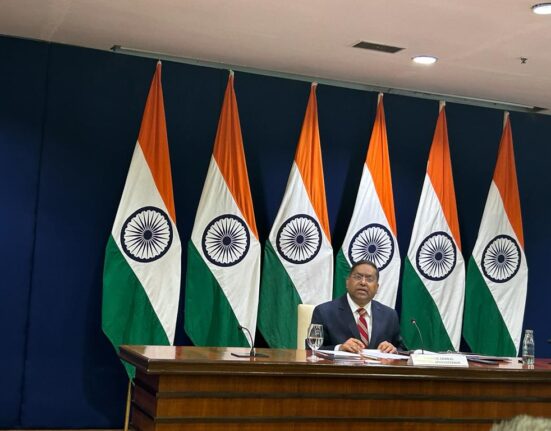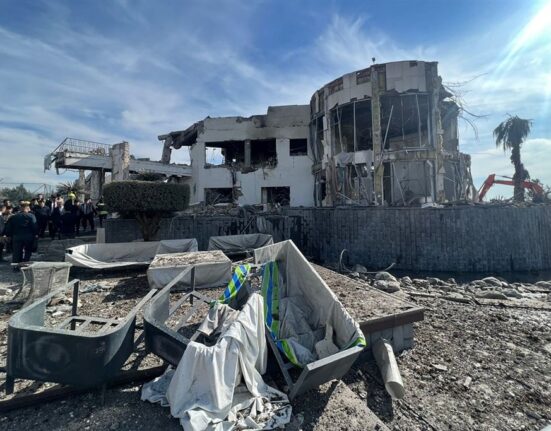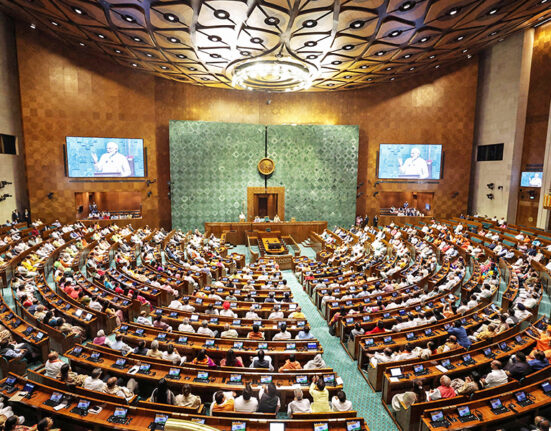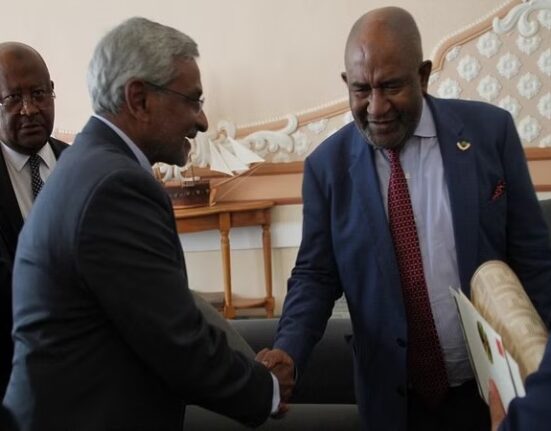Poisoned by some known persons
India’s most wanted criminal and fugitive was poisoned yesterday in Karachi. According to sources in Pakistan, the notorious criminal has been hospitalised and to avert any reaction in Pakistan, internet services have been closed all across the India’s vowed enemy country.
No one has taken the responsibility of poisoning him. However, eyebrows would be towards India where the fugitive is wanted for Mumbai riots and running for organised crime cartels. As of now, there was no specific publicized reward amount offered by the Indian government or international agencies for the capture of Dawood Ibrahim. However, given his designation as a global terrorist and being on the wanted list of both India and the United States, it’s likely that significant efforts and resources are dedicated to his capture and extradition.
Dawood Ibrahim, born in 1955, is a notorious and internationally recognized criminal originally from Mumbai, India. He is the leader of the D-Company, a criminal syndicate involved in various illegal activities, including drug trafficking, extortion, and contract killings. Ibrahim is infamous for his alleged involvement in the 1993 Mumbai bombings, one of India’s most devastating terrorist attacks, which resulted in over 250 fatalities and hundreds of injuries.
Following the Mumbai attacks, Dawood Ibrahim fled India and has since been elusive, with reports suggesting he has been residing in Pakistan, though Pakistan denies this claim. He has been designated a global terrorist by India and the United States, and also features on the Interpol’s wanted list for charges including organized crime and terrorism.
Dawood’s operations extend beyond India to several countries in South Asia, the Middle East, Africa, and Europe. His network’s reach into various illegal activities, including money laundering and arms smuggling, has made him one of the most wanted men in the world. The Indian government continues to seek his extradition for trial on numerous charges. His case exemplifies the challenges in international crime and terrorism, and the complexities of cross-border law enforcement cooperation.












Leave feedback about this